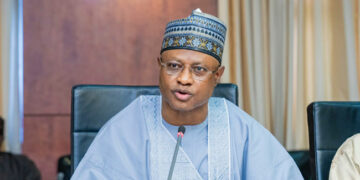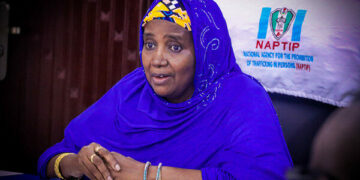The Inclusive Friends Association (IFA) has called on the National Information Technology Development Agency (NITDA) and key stakeholders to prioritise persons with disabilities in Nigeria’s transition to a digital economy.
The appeal was made during the Consultative Forum on Digital Literacy for Women and Girls with Disabilities yesterday in Abuja.
Speaking at the event, Grace Jerry, executive director of IFA, stressed that despite the existence of national disability rights laws and agencies, major gaps in accessibility and inclusivity persist.
According to her, these gaps significantly hinder the quality of life for persons with disabilities, particularly in digital literacy.
“In line with global trends, up to 90% of persons with disabilities in Nigeria live in abject poverty,” Jerry said, emphasising the urgent need for a more inclusive digital economy.
She cited a 2023 study by Tech4Dev, which revealed that 61% of women and girls with disabilities in Nigeria could not operate basic digital devices, such as powering a computer on or off.
Jerry urged NITDA and other government agencies to integrate persons with disabilities, particularly women and girls, into the National Digital Literacy Framework (NDLF).
She stressed the importance of revising the framework to ensure no one is left behind in Nigeria’s goal of achieving 95% digital literacy by 2030.
“Persons with disabilities must be at the centre of the digital literacy drive,” she stated, calling for inclusive budgeting and strategic initiatives to close the digital divide.
The IFA also recommended a collaborative effort between NITDA, the National Commission for Persons with Disabilities (NCPWD), and other disability organisations to develop tailored digital literacy programs for the community.
Jerry reiterated that if the goal of 95% digital literacy by 2030 is to be achieved, the unique needs of persons with disabilities must be addressed urgently, especially for women and girls who remain most vulnerable in the digital economy.





